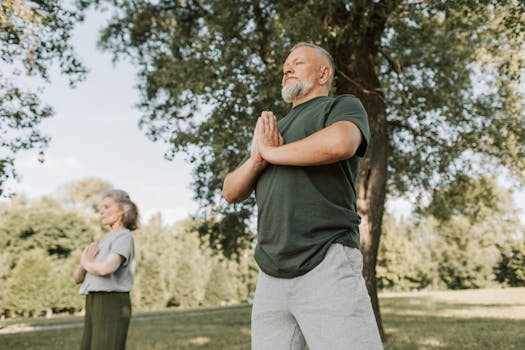
Regular Exercise and Mental Health: Unlocking the Benefits of Physical Activity
Regular exercise and mental health are closely linked, and engaging in physical activity can have a significant impact on both our physical and mental well-being. In this article, we will explore the benefits of regular exercise on mental health, and provide tips and advice on how to incorporate physical activity into your daily routine.
What are the Benefits of Regular Exercise on Mental Health?
Regular exercise has been shown to have a positive impact on mental health, reducing symptoms of anxiety and depression, and improving mood and overall sense of well-being. Some of the key benefits of regular exercise on mental health include:
- Reduced stress and anxiety: Exercise has been shown to reduce stress and anxiety by releasing endorphins, also known as ‘feel-good’ hormones.
- Improved mood: Regular exercise can improve mood and reduce symptoms of depression.
- Enhanced self-esteem: Exercise can enhance self-esteem and body confidence.
- Better sleep: Regular exercise can help improve sleep quality and duration.
- Increased energy: Exercise can increase energy levels and reduce fatigue.
How Does Exercise Impact Mental Health?
Exercise impacts mental health in a number of ways, including:
- Releasing endorphins: Exercise releases endorphins, which are natural mood-boosters.
- Reducing inflammation: Exercise has anti-inflammatory properties, which can help reduce symptoms of depression and anxiety.
- Improving sleep: Regular exercise can help improve sleep quality and duration, which is essential for good mental health.
- Providing social support: Exercise can provide opportunities for social interaction and support, which is important for mental health.
Tips for Incorporating Exercise into Your Daily Routine
Incorporating exercise into your daily routine can be simple and fun. Here are some tips to get you started:
- Find an activity you enjoy: Engage in physical activities that bring you joy and make you feel good.
- Start small: Begin with short, manageable sessions and gradually increase duration and intensity.
- Make it a habit: Incorporate exercise into your daily routine, such as first thing in the morning or straight after work.
- Find a workout buddy: Exercise with a friend or family member to provide motivation and support.
- Track your progress: Use a fitness tracker or journal to monitor your progress and stay motivated.
Conclusion
Regular exercise is a powerful tool for improving mental health, reducing stress and anxiety, and boosting overall well-being. By incorporating physical activity into your daily routine, you can experience the many benefits of exercise and improve your mental health. Remember to find an activity you enjoy, start small, and make it a habit. With regular exercise, you can unlock a happier, healthier you.






